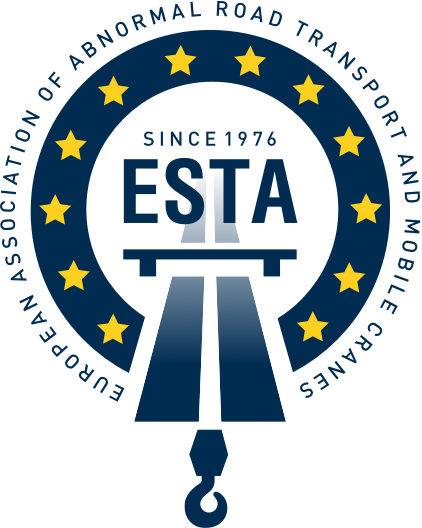ESTA has promised its full support to companies campaigning to reduce the bureaucracy faced by heavy transport companies in Germany.
The issue has been a serious and growing concern since the country introduced its controversial new VEMAGS permitting system earlier this year.
Now other industries have joined the debate, saying that permit delays, weak infrastructure and complex regulations are all harming German business.
The Bavarian construction association Bayerische Bauindustrieverband launched a scathing attack saying that the current rules and regulations are inefficient, expensive and often impractical.
One of the many examples it gives concerns the transport of large construction machinery. It says that the rules demand that the cargo is precisely identified, including the exact type, manufacturer and model. But this is often not possible, as the type of machine required on site and its availability is often not known far in advance.
The contractors say that the regulations governing large and heavy transport must be streamlined and simplified – and follow common sense.
The association is planning to lobby the state authorities and the Bavarian State Parliament to press their case for reform.
Similar concerns have been expressed in Hamburg where businesses have said that some companies are using alternative ports such as Rotterdam and Antwerp because of the delays in Germany.
ESTA Director Ton Klijn said: “Both ESTA and our German colleagues have been warning of the growing problems faced by the heavy and abnormal transport sector in the country for many months.
“We fail to understand why a permit that can be obtained within 24 hours in the Netherlands should take eight weeks in Germany.
“We are glad that pressure for change is growing from across industry and hope that the authorities will react with the urgency that this situation requires.
“ESTA is always ready to help resolve this issue in whatever way we can – perhaps by bringing to the attention of the German authorities examples of best practice in other jurisdictions.”
